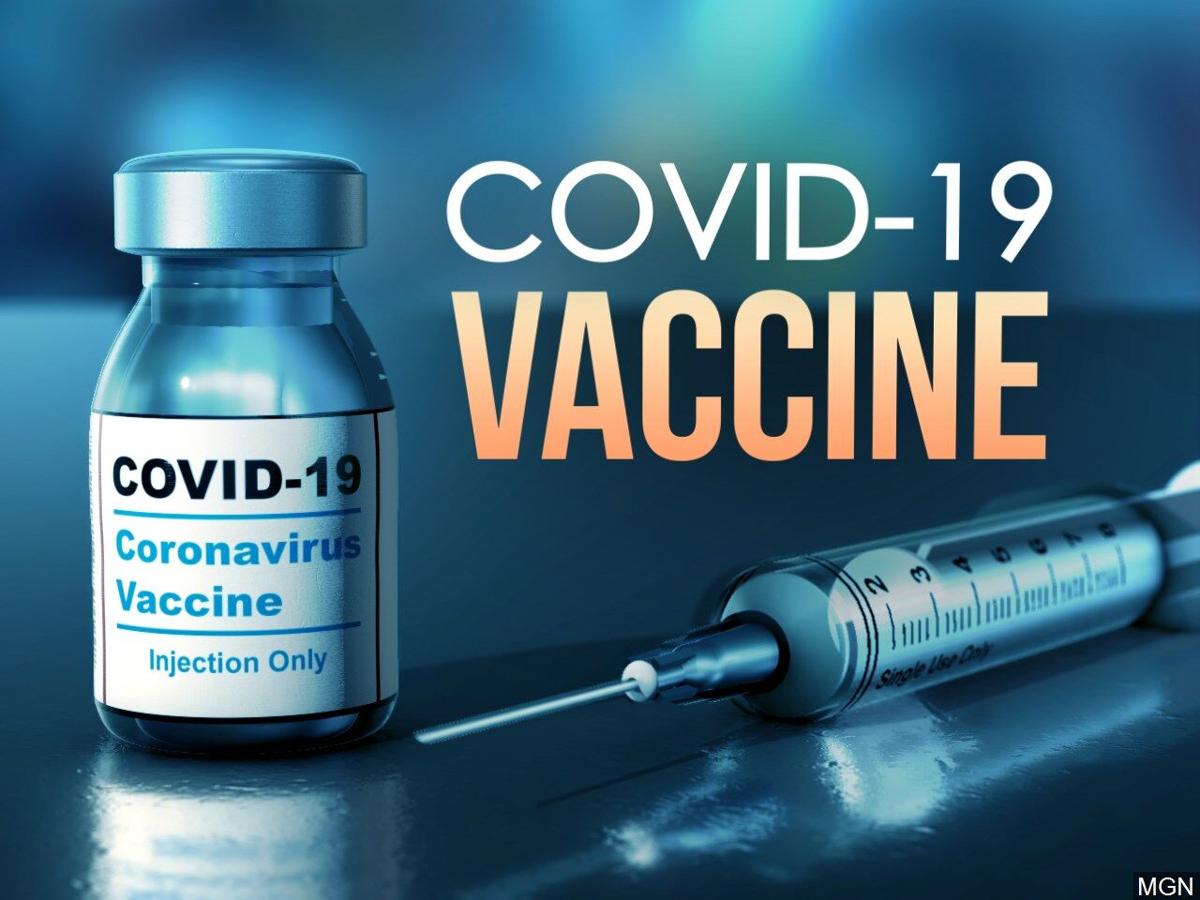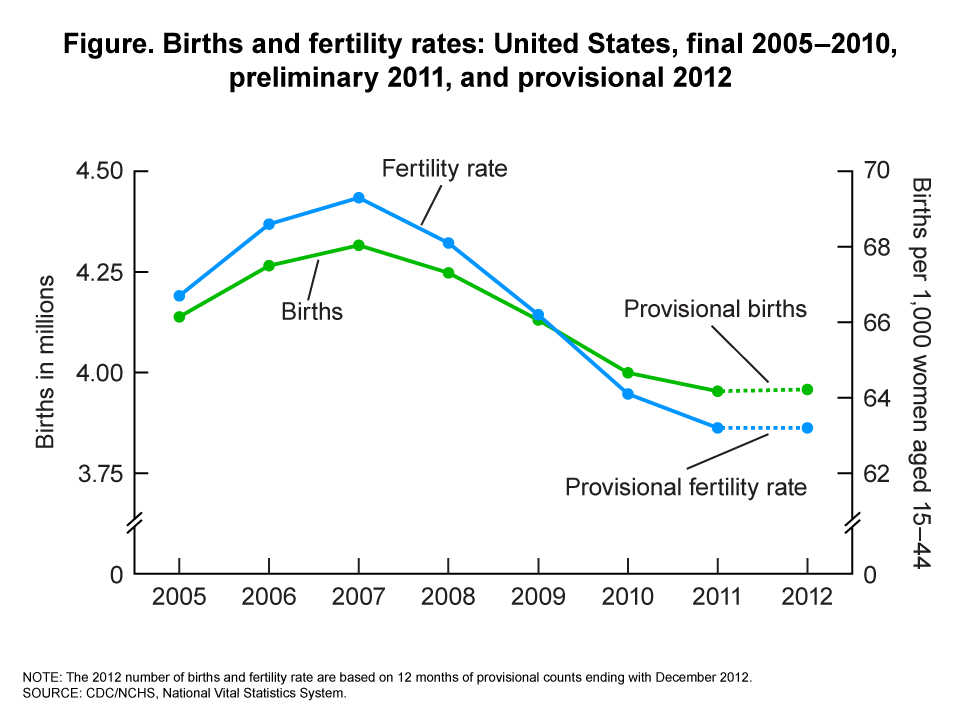There is zero evidence to show that the so-called coronavirus vaccine doesn’t affect fertility. They are just saying it, without evidence.
There are no long term tests, because this was just invented in a rushed process.
No one has any idea what it does long term.
Amy Taylor was chatting to friends over a Zoom drink when the conversation took an unexpected turn. One of the group – all in their early 30s, mostly university-educated and in professional jobs – mentioned that she had concerns about the Covid vaccine because she wanted to try for a baby in the next year or two.
“I was surprised when others said they were also a bit anxious. Then I started thinking maybe I should be worried too – even though I’m pro-vaccinations and I know this is the way out of the pandemic,” said Taylor*. “This really plays into the fertility insecurity that lots of women in their 30s have anyway – have I left it too late, will I need IVF, should I freeze my eggs? We don’t want anything else that could interfere with our chances of motherhood.”
Concern about fertility is one of the major drivers of vaccine hesitancy, despite explicit reassurances from doctors and scientists. The suggestion that Covid vaccinations could affect fertility was “nonsense”, Jonathan Van-Tam, England’s deputy chief medical officer, said on ITV’s Good Morning Britain last week. There was “no evidence at all that there are any issues in relation to planning a family or fertility,” he added.
Yes, that is the issue – there is no evidence of anything.
It could just as easily be called “nonsense” that it doesn’t affect fertility.
This is a bizarre new medical procedure. It’s not a vaccine. It’s synthetic mRNA that gives instructions to cells, and we have no idea what it does to our genes in the long term, or even really in the short term.
We know that not everyone who has taken it has keeled over and died, and that’s about it.
The Royal College of Midwives and the Royal College of Obstetricians and Gynaecologists (RCOG) have issued a joint statement about misinformation on the effect of Covid vaccinations on fertility. “There is no biologically plausible mechanism by which current vaccines would cause any impact on women’s fertility,” said Edward Morris, president of the RCOG.
The British Fertility Society and the Association of Reproductive and Clinical Scientists also published guidance saying there was “absolutely no evidence, and no theoretical reason, that any of the vaccines can affect the fertility of women or men”.
People can start fertility treatment immediately after being vaccinated, and those who are donating eggs or sperm for the use of others can take the vaccine. Women who have had recurrent miscarriages and are now trying to conceive do not need to postpone being vaccinated, the guidance said.
Raj Mathur, executive committee chair of the British Fertility Society, said there was very little data on vaccine hesitancy or the reasons for it. “But anecdotally lots of people have expressed concerns to me and colleagues – even among healthcare workers,” he told the Observer.
“It’s based on misinformation, but it’s out there unfortunately. Vaccination does not stop you getting pregnant, and is the best way of reducing the risk of getting Covid when you are pregnant.”
It’s not based on “misinformation,” because all the misinformation is banned. It’s based on people doing research into what this vaccine is, and thinking “that seems like a very serious medical procedure, and that could potentially affect fertility.”
Local media is asking questions, and I don’t think they’re classified as “disinformation.”
NBC 2, Florida, February 5:
As young and healthy adults consider taking a COVID-19 vaccine, pregnant and lactating mothers are facing an especially difficult dilemma: should they trust a rapidly developed vaccine in the absence of data specific to their demographic, or take their chances against a deadly virus?
What about young, healthy women who hope to become pregnant soon?
These are all healthy questions that doctors encourage.
Doing the Research
“It’s a very difficult decision,” according to Dr. Denise Cardenal of Ob Hospitalist Group. “Ultimately, women need to speak to their obstetrician and make an informed decision, and they need to be supported if they decide against it or decide for it.”
Throughout the pandemic, Dr. Cardenal has treated hospitalized pregnant women while being pregnant herself.
“First and foremost, I’m a mother,” Dr. Cardenal said, who decided to take the vaccine after thorough consideration. “What I did was speak to maternal-fetal medicine colleagues and specialists to get their input. Doing my research, reading up on the mechanism of action of the vaccine. That is what ultimately helped me make my decision.”
Unlike some vaccines, the Pfizer and Moderna COVID-19 vaccines do not contain a live virus. Instead, they use messenger RNA (mRNA) to trigger an immune response and produce antibodies.
“That little tiny length of mRNA goes into the cells, goes into the nucleus; it gets read and evaluated,” explained Dr. Craig Sweet, a specialist in reproductive medicine and surgery in Fort Myers. “Then it just deteriorates. It doesn’t even go beyond the cells. It breaks down, so there is no way for this to even get close to the baby. It can’t transfer into the placenta. The mRNA will get chewed up if it starts going through the bloodstream.”
Some pregnant women may want to wait, hoping data will soon come. But it won’t, at least not in large numbers. Pregnant women are largely excluded in clinical trials. Roughly 75% of drugs approved by the FDA since 2000 have zero data on pregnant women.
“Women and pregnant women, in general, are not included in clinical trials,” Dr. Cardenal said, citing safety concerns.
Despite that, a relatively small number of pregnant women are, in fact, being studied, with results expected before the end of the year. That is something to monitor moving forward.
A common 24-hour side effect of the vaccine is fever, which can be especially dangerous during certain periods of pregnancy.
“The first trimester is a very delicate time,” Dr. Cardenal explained. “Someone that’s probably able to stay home and isolate, they can say ‘you know what?’ I’m going to wait until after pregnancy.”
No one has any idea what this vaccine does. Maybe it does nothing. Who knows. We know it’s killed a lot of people, but it doesn’t kill a huge portion of people.
But to go out there and say “no it’s fine, we know it’s fine, you’re just a kook” is crazy.
Someone’s doing the infertility.


